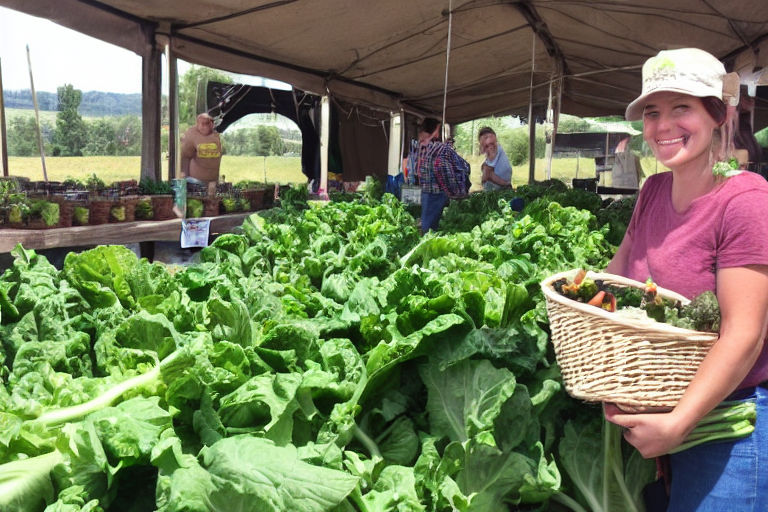The Ultimate Guide to Feeding Your Cat: From Kitten to Senior
A cat's diet is crucial to its overall health and well-being. Providing your feline friend with the right food can help them thrive, live longer, and avoid health problems. This guide will take you through everything you need to know about feeding your cat, from choosing the right food to understanding their dietary needs at different life stages.
Understanding Your Cat's Nutritional Needs
Cats are obligate carnivores, meaning they require animal-based protein for survival. Their digestive system is designed to break down meat, not plant-based carbohydrates. A healthy cat diet should consist primarily of:
- Protein: Essential for muscle growth, repair, and energy production.
- Fat: Provides essential fatty acids, energy, and insulation.
- Taurine: An amino acid crucial for vision, heart health, and reproduction.
- Vitamins and Minerals: Contribute to overall health and well-being.
Choosing the Right Cat Food
The cat food market is vast, with a wide variety of options to choose from. Here's a breakdown of the different types:
1. Dry Food (Kibble)
- Pros: Convenient, long shelf life, affordable, can help with dental health.
- Cons: Can be high in carbohydrates, may not be as palatable as wet food.
2. Wet Food (Canned or Pouched)
- Pros: Higher in moisture content, more palatable, often contains higher protein and fewer carbohydrates.
- Cons: Can be messier, shorter shelf life, more expensive.
3. Raw Food
- Pros: Considered a more natural diet, often high in protein and nutrients.
- Cons: Requires careful preparation and storage, can be expensive, may carry risks if not handled properly.
4. Homemade Diets
- Pros: Can be tailored to your cat's specific needs.
- Cons: Requires extensive research and knowledge, can be challenging to ensure a balanced diet, may be expensive.
Feeding Your Cat Based on Age and Life Stage
Your cat's dietary needs change as they age. Here's a guide to feeding your cat based on their life stage:
1. Kittens (Up to 1 Year)
- Need a diet high in protein and calories for growth and development.
- Feed multiple small meals throughout the day.
- Choose kitten-specific food formulas.
2. Adult Cats (1-7 Years)
- Require a balanced diet with moderate protein and calories.
- Feed once or twice a day depending on their needs.
- Choose adult-specific food formulas.
3. Senior Cats (7+ Years)
- May need a diet lower in calories and higher in fiber to support digestion and weight management.
- Choose senior-specific food formulas.
- Consider feeding smaller meals throughout the day.
Tips for Feeding Your Cat
- Read food labels carefully. Pay attention to the ingredients, protein content, and calorie levels.
- Provide fresh water daily.
- Avoid feeding table scraps. Many human foods are toxic to cats.
- Monitor your cat's weight. A healthy weight is crucial for overall health.
- Consult your veterinarian. They can help you determine the best diet for your cat's specific needs.
Conclusion
Feeding your cat a nutritious diet is essential for their well-being. By understanding their dietary needs, choosing the right food, and following these tips, you can help your cat live a long and healthy life.



